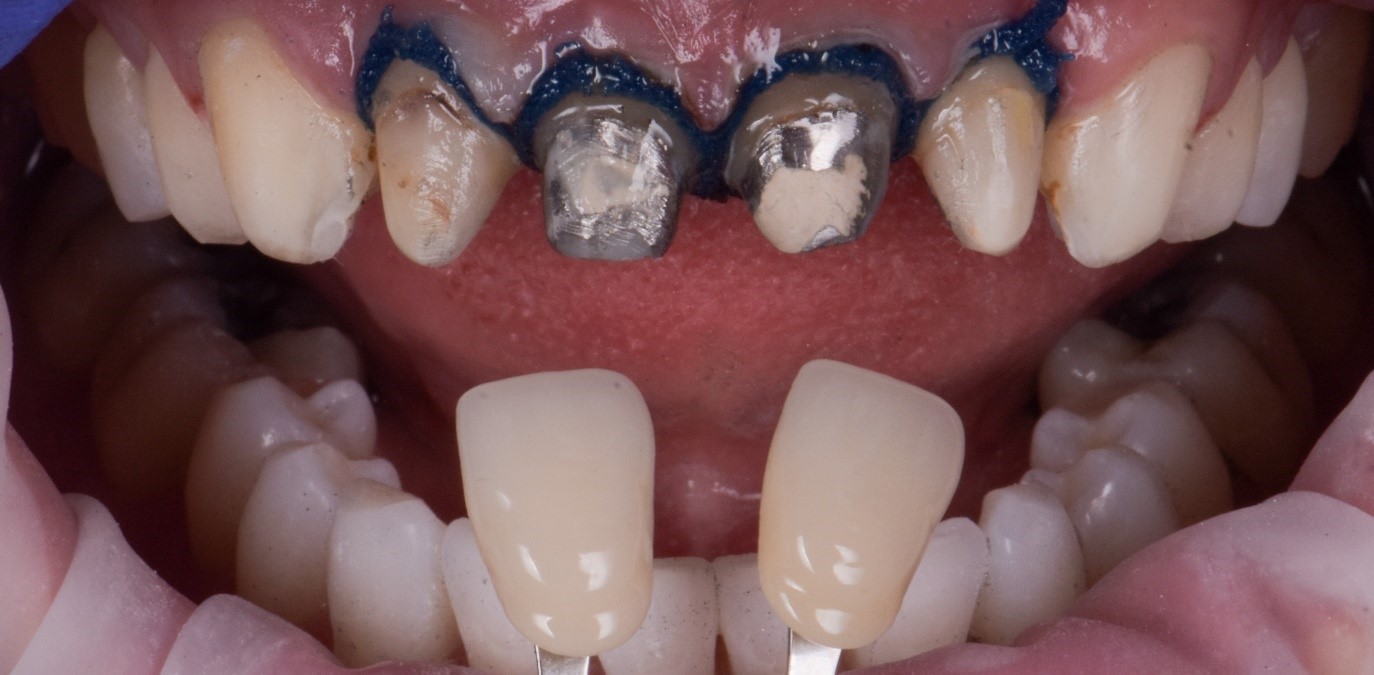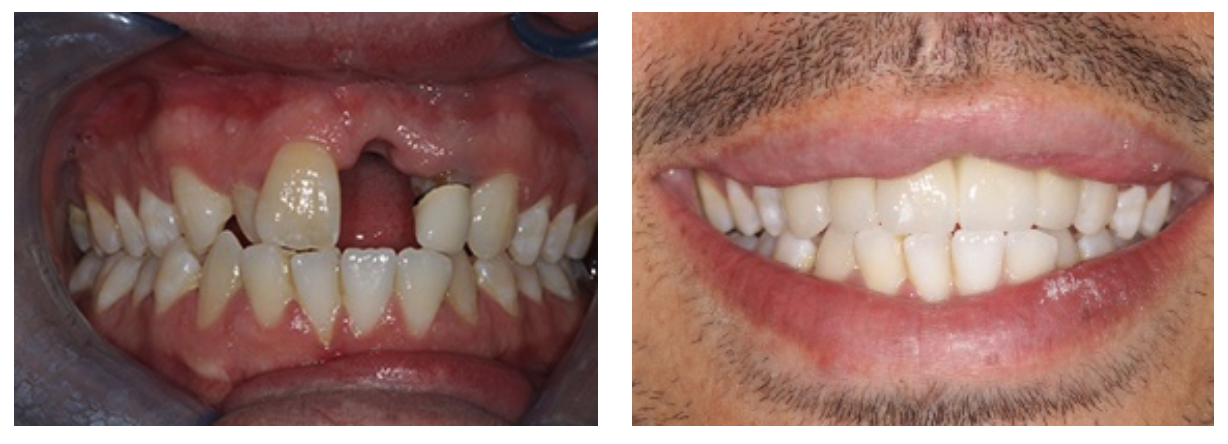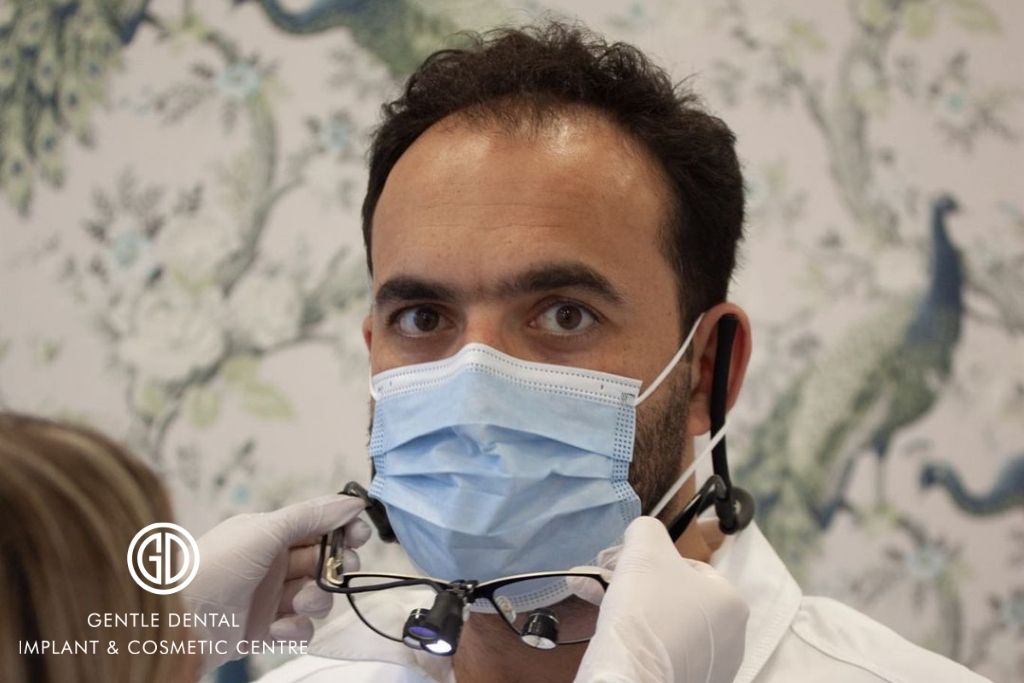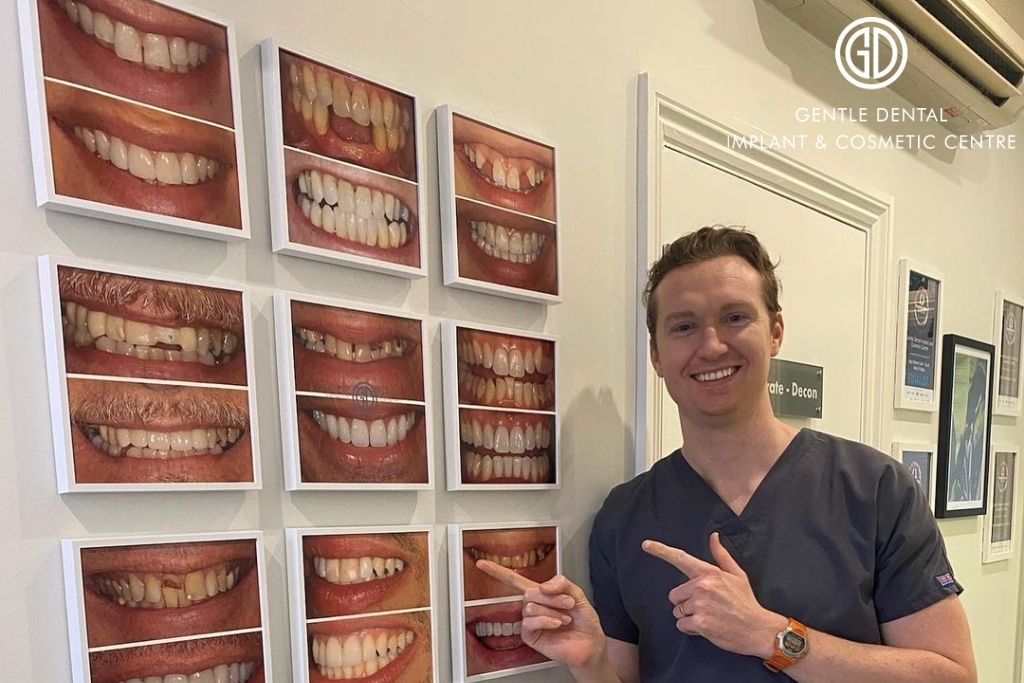Turkey teeth is a term used to describe a cosmetic dental trend gaining popularity in the UK. It involves travelling to Turkey to get dental veneers or crowns fitted to transform your smile. The finished look is usually extremely white, straight teeth, giving a ‘perfect smile’. This article will explore what turkey teeth are, why people are seeking them, and some of the risks involved.
What are Turkey Teeth?
Turkey teeth generally refers to full mouth reconstruction with dental veneers or crowns resulting in an overly white, uniform smile. The name comes from the fact that many Brits are travelling to Turkey to get cheap cosmetic dentistry packages offering teeth whitening and porcelain veneers or crowns.
Veneers are thin shells, usually made of porcelain, that are bonded to the front of teeth. Preparation involves minimally shaving the teeth first.
Crowns involve filing down the existing tooth extensively, to a small stub, and then placing a porcelain cap over it Crowns are more aggressive than veneers
The finished turkey teeth look is bright white, perfectly aligned and uniform teeth. The aim is a Hollywood style dazzling smile.
Why Do People Get Turkey Teeth?
There are a few reasons people decide to get turkey teeth:
- Improving the appearance of crooked, stained or uneven teeth
- Boosting confidence with a perfect Instagram smile
- Finding cheaper dental packages abroad after being quoted high prices in the UK
- Following celebrity trends and reality TV influences
For many people, the aim is to fix imperfections and improve their smile. However, there are risks involved in excessive cosmetic dentistry.
Risks and Controversy
While some are delighted with their new smile, turkey teeth procedures have been controversial. Some key risks and issues include:
-
Aggressive treatment – Too much healthy tooth being filed down can cause serious complications. Crowns in particular are extremely invasive.
-
Lack of regulation – Some Turkish dentists appear to offer overly aggressive solutions via social media without properly informing patients.
-
Botched procedures – Some patients report poor quality materials, complications, and teeth dying after returning from Turkey.
-
Long term issues – Such as gum disease, tooth decay under crowns, and needing dental implants to replace failing teeth.
-
Costly repairs – Some UK dentists report treating major complications costing thousands of pounds to fix.
Essentially turkey teeth carry significant risk of dental trauma when excessive amounts of tooth are filed away or the work quality is poor.
Considerations Before Seeking Turkey Teeth
While perceived as a quick fix and cheaper option, turkey teeth procedures do come with risks. Important things to keep in mind include:
-
Seeking several professional opinions on correct solutions for your particular case.
-
Considering less invasive options like teeth alignment first.
-
Researching clinics thoroughly, checking qualifications and reviews.
-
Understanding the procedures proposed and how much tooth removal is needed.
-
Considering costs of repairs if things go wrong.
-
Looking at before and after photos of the dentist’s work.
-
Asking plenty of questions and not feeling pressured into any treatment.
-
Accepting that veneers/crowns require maintenance and may need replacing in 10-15 years.
While turkey teeth can transform a smile, there are safer and less risky ways to improve your teeth through reputable dentists. Do thorough research to find the best solutions for your needs.

Veneer VS Crown – What’s the difference, and why does it matter?
A veneer is usually a very thin layer of porcelain but can be made from other materials.
Our cosmetic dentists typically use crowns for repairs and final restorations in treatments that involve dental implants.
One of the main differences between the two treatments is that a veneer covers a fraction of the tooth while a crown covers the whole tooth.
Both last around 5 to 15 years before needing replacements.
Dental crowns are usually recommended when a patient has a tooth beyond saving. For example, when a filling cannot protect your tooth from harmful bacteria, or there is little tooth remaining.
To file down your teeth to receive crowns when they are otherwise perfectly healthy has dire consequences and cannot be reversed at a later stage.
Patients won’t even be able to receive the traditional veneers they initially hoped for.

Turkey will use crowns over veneers because it is cheaper, faster and requires much less dental skill and expertise.
“Foreign clinics have a high rate of 17% of complications. In the UK the success rate is around 98%.”
Unfortunately, patients who have faced complications with their Turkey teeth on their return to the UK have been turned away from dentists and local practices.
The materials, systems and techniques used abroad differ from how UK dentists would approach the situation.
For example, one of our leading dentists, Dr Ali Rifai, has seen how bad this can be.

The harsh reality of this treatment is that the outcomes often look fake, and many patients’ teeth have fallen out within the first few weeks.
- – Severe infections/long-lasting tooth pain
- – Infected gums
- – Rotting teeth/exposed nerves
- – Poorly blended veneers (or crowns) fall off
- – Sensitive teeth make eating and talking difficult

Here’s How Turkish Dentists Are Destroying Teeth
FAQ
What is a Turkey tooth in British slang?
Is Turkey teeth a good idea?
Why are they called Turkey teeth?
What is the difference between Turkey teeth and English teeth?
